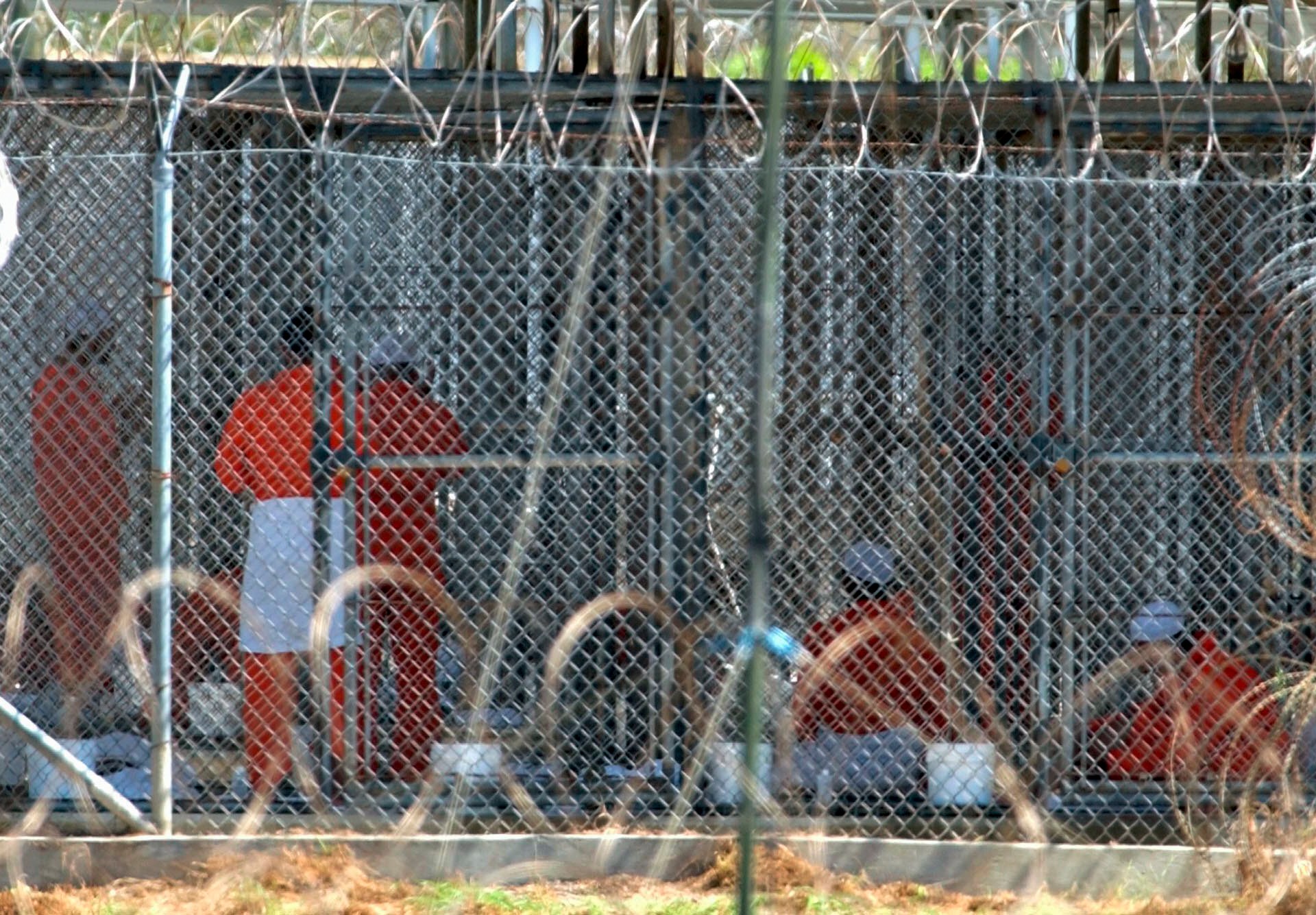Turkey has achieved "extraordinary" progress in ties with Saudi Arabia
The minister told CNN-Turk television that "there have been extraordinary changes" in ties with Saudi Arabia since his visit to Riyadh earlier this year. He said exchanges between the two countries had increased significantly in recent months, referring to mutual visits by economy officials and private investors seeking opportunities to boost economic cooperation. "Very important trade agreements are about to be concluded," Gul said.
He did not give details, but hinted that one potential contract concerned the sale of armored vehicles from Turkey to Saudi Arabia. The minister said the two countries were to also sign soon a security accord and establish a joint association to promote cooperation between private companies in both countries.
Gul also expressed optimism that Turkey, which is battling a severe economic recession, could lure Arab investors withdrawing capital from Western countries because of increased discrimination against Arabs after 9/11. "They are looking for a new place to turn to.
Turkey is very important in this respect, be it for the Gulf capital generated from oil, be it for tourism," he said. Echoing the minister’s hopes, the head of a Turkish business organization said Turkey should capitalize on growing Arab "coldness" towards the Western world following the US-led war in Iraq.
In remarks to Anatolia news agency, Huseyin Uzulmez said Turkey could attract billions of dollars (euros) of Arab capital and urged the government to offer incentives to foreign investors and facilitate the inflow of foreign capital. Turkey’s tourism and textile sectors are the main focus of interest for Arab investors, he said. Despite their common religion, Turkey’s relations with Arab countries have long been chilly, sometimes even stormy.
The NATO member country has a strictly secular system, maintains close ties with Israel and the United States and aims to join the European Union as a primary foreign policy objective. But the government of the Islamist-rooted Justice and Development Party (AKP), which came to power in Ankara last November, has signalled that it wants to improve ties with Arab countries and has maintained close consultations with them throughout the Iraq crisis.
Also:
ANKARA: Foreign Minister Abdullah Gul admitted Sunday that problems over land expropriation and taxes in Turkey are holding up work on the construction of a major oil pipeline from Azerbaijan to Turkey’s Mediterranean coast.
In an interview with the CNN-Turk channel, Gul confirmed that British oil multinational BP, the project operator of the planned Baku-Tbilisi-Ceyhan (BTC) pipeline, had complained to the Turkish government over the difficulties. "We have recently received such a letter.
They have raised certain complaints… Some expropriation affairs, some financial affairs and tax issues are creating problems," Gul said, without elaborating.



